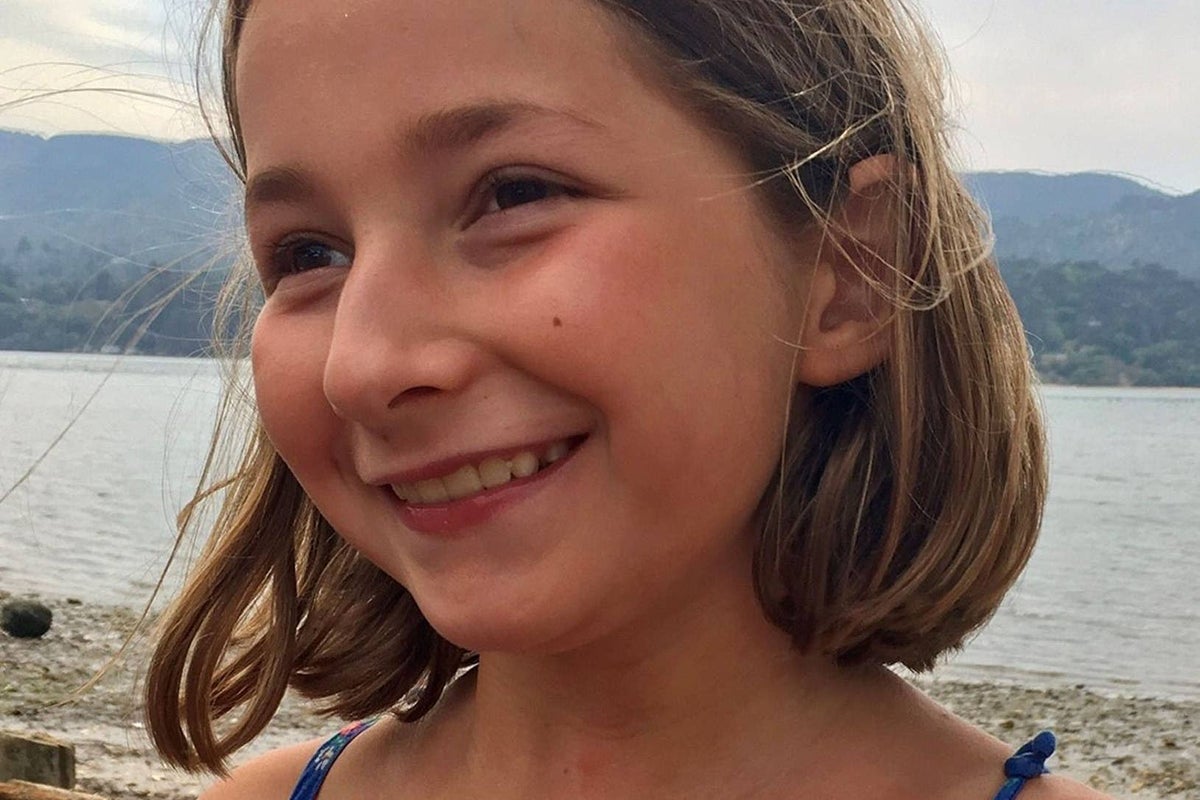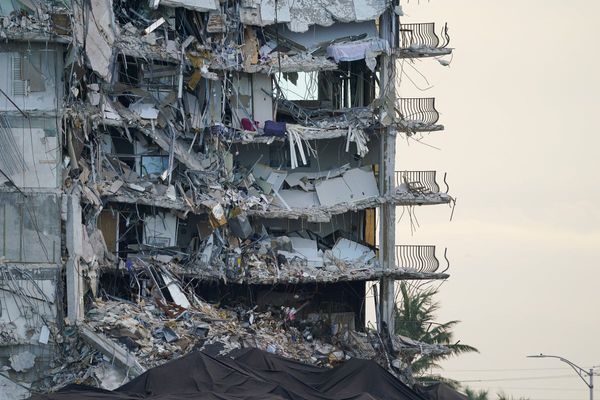
The parents of a girl who died after doctors failed to admit her to intensive care are calling for the introduction of ‘Martha’s rule’ to make it easier to get a second opinion.
Martha Mills, who would have been 16 on Monday, died after developing sepsis while under the care of King’s College Hospital NHS Foundation Trust in south London.
A coroner ruled last year that the 13-year-old would most likely have survived if doctors had identified the warning signs and transferred her to intensive care earlier.
Martha was being looked after at King’s after suffering a pancreatic injury following a fall from her bike while on a family holiday in Wales. King’s is a specialist national referral centre for children with pancreatic problems.
I had been 'managed', I hadn't been listened to and I felt powerless— Merope Mills
An inquest heard there were several opportunities to refer Martha to intensive care but this did not happen. The trust has since apologised for mistakes in Martha’s care.
Martha’s mother, Merope Mills, an editor at the Guardian, has said she and her husband, Paul Laity, raised concerns about Martha’s deteriorating health a number of times but these were not acted upon.
At one point, Martha began to bleed heavily through a tube inserted into her upper arm and through a drainage tube.
She also developed a rash, with her mother voicing her concerns to staff that Martha would go into septic shock over a bank holiday weekend.
The couple are now calling for Martha’s rule to give patients, families and carers the chance to easily request a second opinion from a senior doctor in the same hospital in the event of a suspected deterioration or serious concern.
The think tank Demos has written an accompanying report calling on NHS England to urgently put the rule in place.
Ms Mills told the PA news agency: “At King’s College Hospital, there were no consultants present after the ward round during the weekend when Martha deteriorated, and so when I had doubts about Martha’s care I had no-one senior to turn to.
“I mentioned my concerns to a junior doctor when he misdiagnosed her rash, but he ignored me; questioning him further would have involved a confrontation.
“I talked to a nurse, but she said to trust the doctors. I didn’t have the language or knowledge to request a critical care review.
“I had been ‘managed’, I hadn’t been listened to and I felt powerless.
“A national expert on sepsis worked just down the corridor in paediatric ICU (intensive care): had he seen her following a review, we know her treatment would have been utterly different.
“If a patient and family escalation system such as Martha’s rule had existed – and had been clearly advertised around the hospital with posters and stickers – I’m sure I would have used it and it could well have saved Martha’s life.
“Where such systems exist they are used appropriately and effectively – which is why we’d like to see Martha’s rule introduced across the NHS.”
The Demos report said Martha’s rule is modelled on the Call 4 Concern system that has been adopted by a number of hospitals in the UK and, to an extent, Ryan’s Rule in Australia, giving patients a direct line to a second opinion.
The study said Martha’s rule should be advertised to families, and staffed by an independent clinical review team, which many hospitals already have in place.
All patients and families are able to seek a second opinion if they have concerns about their care - and, as professional guidance for doctors in England sets out, it is essential that any patient’s wishes to seek a second opinion are respected— NHS spokesman
It calls on NHS England to develop best practice guidance to allow hospitals to adopt the new system and for the Care Quality Commission (CQC) to consider it standard practice in inspections.
The report also proposes the right to access patient notes more easily and the right to a named consultant, which Demos says has not been consistently adopted across the NHS.
Polly Curtis, chief executive of Demos and co-author of the paper, said too many reviews have “highlighted a refusal to take families seriously with a ‘doctor knows best’ attitude”.
She added: “Martha’s rule would help to shift power, encouraging patients to challenge in the most difficult of circumstances and clinicians to listen to them. In other countries it has been proven to save lives.”
An NHS spokesman said: “All patients and families are able to seek a second opinion if they have concerns about their care – and, as professional guidance for doctors in England sets out, it is essential that any patient’s wishes to seek a second opinion are respected.”
Since Martha’s death, we have put a number of improvements in place to help identify deteriorating children early, including mandatory sepsis training for all clinical staff in paediatrics— King's spokeswoman
A spokeswoman at King’s said the trust remains “deeply sorry that we failed Martha when she needed us most.
“Since Martha’s death, we have put a number of improvements in place to help identify deteriorating children early, including mandatory sepsis training for all clinical staff in paediatrics.
“We have established a new paediatric iMobile service, which involves a specially trained team reviewing any seriously unwell children on our wards, and escalating their care where necessary.
“We also now formally document any parental concerns on our electronic paediatric early warning charts, and we have guidelines in place that recommend escalation of a child’s care in those cases where we are unable to provide sufficient reassurance to parents.
“These are just some of the measures we have put in place, and our teams will continue to do everything they can to improve the care we provide as a result of learnings from Martha’s sad death.”
UK Sepsis Trust founder and joint chief executive Dr Ron Daniels said: “We have learned of numerous cases where parental concerns haven’t been addressed by healthcare professionals, and families have paid the ultimate cost.
“We support Merope’s call for concerned parents to be able to access a second opinion from an intensive care team.”







